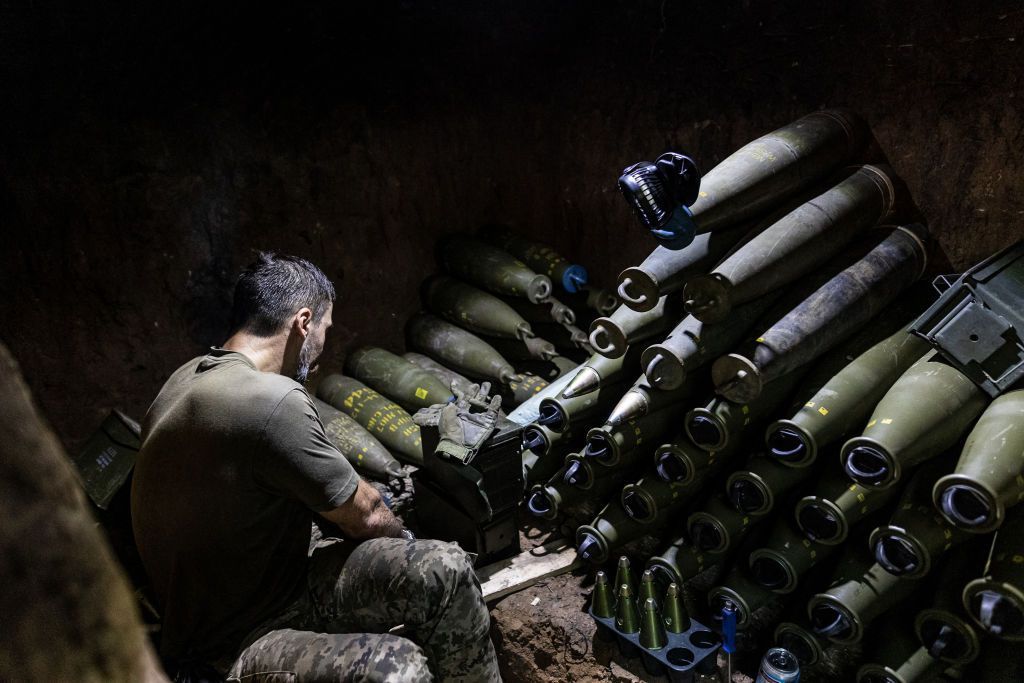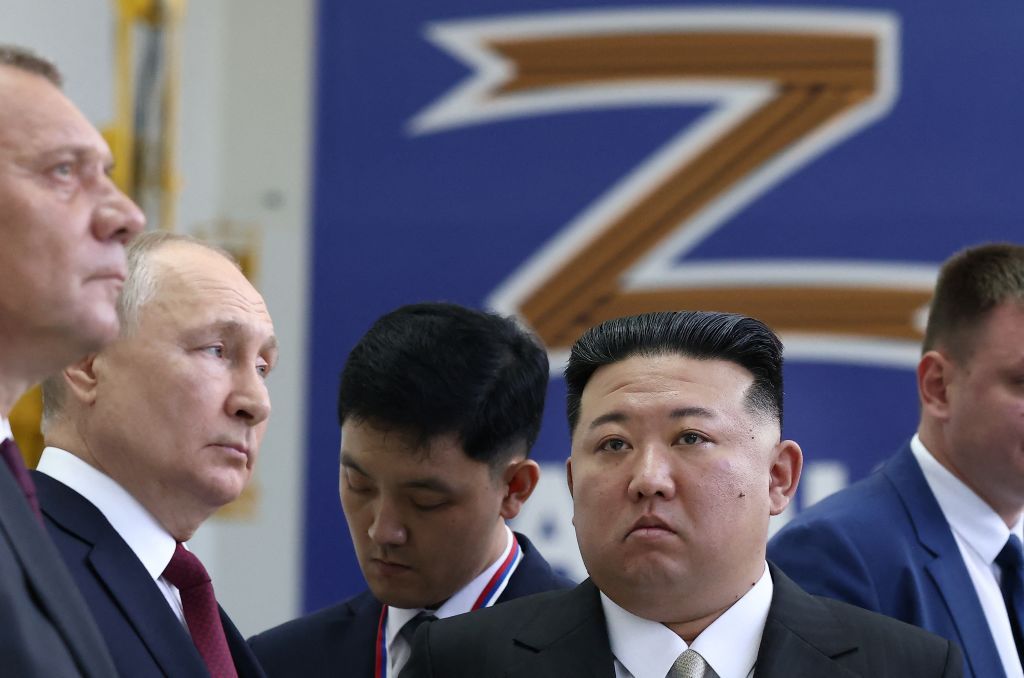PM says Denmark to donate all its artillery to Ukraine

Denmark has decided to deliver all the artillery rounds from its stockpiles to Ukraine, Danish Prime Minister Mette Frederiksen told the Ukrainian Lunch at the Munich Security Conference on Feb. 17.
Artillery shells are among the most crucial military supplies for Ukraine, as they are used daily in high numbers on the Ukrainian battlefields.
“If you ask Ukrainians, they are asking us for ammunition now, artillery now. From the Danish side, we decided to donate our entire artillery,” Frederiksen said.
“There is still ammunition in European stocks. This is not a question of only production because we have the weapons, we have ammunition, we have air defense that we don’t have to use ourselves at the moment that we should deliver to Ukraine.”
Frederiksen did not specify how many artillery shells Denmark has in its stockpiles.
“Russia does not want peace with us. They are destabilizing the Western world from many different angles -- in the Arctic region, the Balkans, and Africa - with disinformation, cyberattacks, hybrid war, and obviously in Ukraine,” she said.
The EU has said that it would be able to deliver only half of the promised 1 million shells by the March deadline, while defense assistance from the U.S., including artillery support, is held up by domestic political disputes.
Josep Borrell, the EU's top diplomat, recently said that the EU aims to deliver more than 1 million shells to Ukraine by the end of 2024.
The same day, Czech President Petr Pavel said that Czechia identified around 800,000 artillery rounds abroad that could be sent to Ukraine within weeks if provided funding from other partners.
“We have identified at this point half a million rounds of 155 mm caliber and another 300,000 rounds of 122 mm caliber, which we will be able to deliver within weeks if we quickly find funding for that activity,” Pavel told the Munich Security Conference without specifying from which countries the purchases would be sourced.
He also said that Prague would turn to the U.S., Germany, Sweden, and others who could contribute to this effort.
As the EU countries sent all the shells they could from their standing stocks, the next step was to produce or purchase new ones to ship to Ukraine and refill their arsenals.
Seeing the EU failing on its promise to Kyiv, Czechia has begun pushing a plan to finance the purchase of 450,000 shells outside the bloc jointly, Politico reported on Feb. 1. Prague reportedly suggested that Europe could turn to arm companies in South Korea, Turkey, or South Africa.
Plans to buy ammunition from outside the bloc continue to face opposition from France, Greece, and Cyprus. While Paris hopes to boost its domestic defense industry, Greece and Cyprus do not wish to buy arms from Turkish producers, given their tense relations with Ankara.













